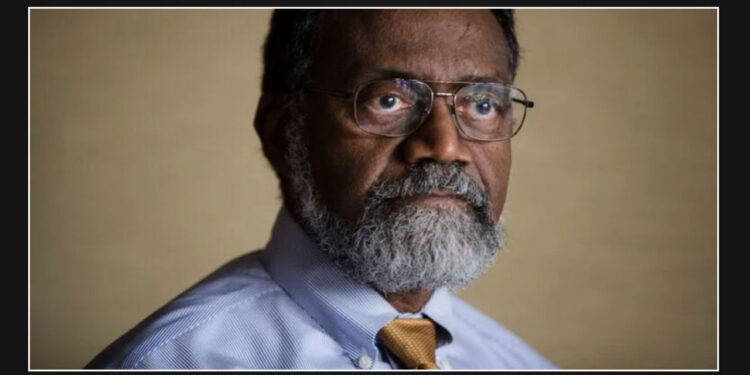A man with a history of mental illness, who endured 26 years in solitary confinement, has been granted the right to sue Pennsylvania prison officials for alleged acts of cruel and unusual punishment. This decision was made by a U.S. appeals court, which has revived the man’s lawsuit.
Roy Lee Williams spent nearly all of his time alone from 1993 until 2019, when a legal settlement forced the state to stop keeping death-row convicts in solitary confinement.
Williams received a death sentence in 1988 for the murder of a construction worker in Philadelphia. According to an Associated Press story on the 1992 trial, Williams, a black man, stated that he wanted to kill a white person because a white person had placed him in jail for robbery.
At 26 years old, he was put on death row. According to his lawsuit, his mental health issues began at the age of 14, when he was involuntarily confined to a psychiatric facility due to suicide ideas. Senior U.S. Circuit Judge Theodore McKee said in a 2-1 decision issued Friday that prison personnel were aware of his history of significant mental health and cognition difficulties as early as 1996.
While state authorities claimed that the Department of Corrections was not aware that its solitary confinement methods were unconstitutional prior to 2019, McKee determined that they were. He highlighted a 25-page letter from the United States Department of Justice describing necessary reforms for the organization in 2014.
“The 2014 DOJ report concisely packaged much of the relevant and binding law and delivered it to the defendant’s doorstep,” stated McKee, a 3rd U.S. Circuit Court judge in Philadelphia.
The verdict comes as at least a dozen states have abolished or curtailed solitary confinement, and lawsuits in Pennsylvania and throughout the country target the practice, particularly for persons with mental illnesses. Critics argue that isolation can quickly erode a person’s mental health, leading to self-harm in some situations.
According to the verdict, Williams, who filed his initial claim without the assistance of a lawyer, described a six-month disciplinary phase during which he went without even a radio as “isolated on top of being isolated.”
The 3rd Circuit also reinstated Williams’ argument that prison officials disregarded his right to assistance under the Americans with Disabilities Act.
“The evidence here is uncontradicted,” McKee stated. “By neither removing Williams from solitary confinement for 26 years nor making modifications to his conditions of confinement, the DOC failed to act.”
Williams is still in detention and faces the death penalty at a state prison near Philadelphia. He is represented by the Pennsylvania Institutional Law Project, which has brought a number of similar lawsuits alleging disproportionate injury caused by years of seclusion. Some cases seek regulatory changes, whereas Williams seeks financial compensation because he is no longer in solitary confinement.
“His is the first to be considered on appeal. So I believe this opinion will benefit all of the other men whose cases are still proceeding in trial courts,” said Matthew Feldman, the group’s supervising attorney.
The Department of Corrections and the state Attorney General’s Office, which argued on its behalf, did not respond to email requests for comment on the case. Historically, they have frequently declined to comment on ongoing cases.
Feldman estimates that approximately 5% of the state’s prison population is in solitary confinement. He stated that almost half of that group, as opposed to one-third of the total prison population, had a history of mental illness.
People in solitary confinement are often only allowed to leave their small cell for an hour per day and are frequently restrained when they do. Advocates claim that even at night, the setting is typically loud and brightly illuminated, making it impossible to sleep.
“I personally find it inspiring that, despite everything these men have been through, they had the courage to sue their jailers,” Feldman said of Williams and others who wrote the initial cases on their own. “They had the foresight to pursue these cases and construct persuasive legal arguments. And I assume they believed they could defend their rights in court.”


